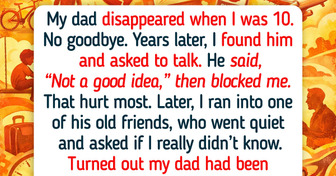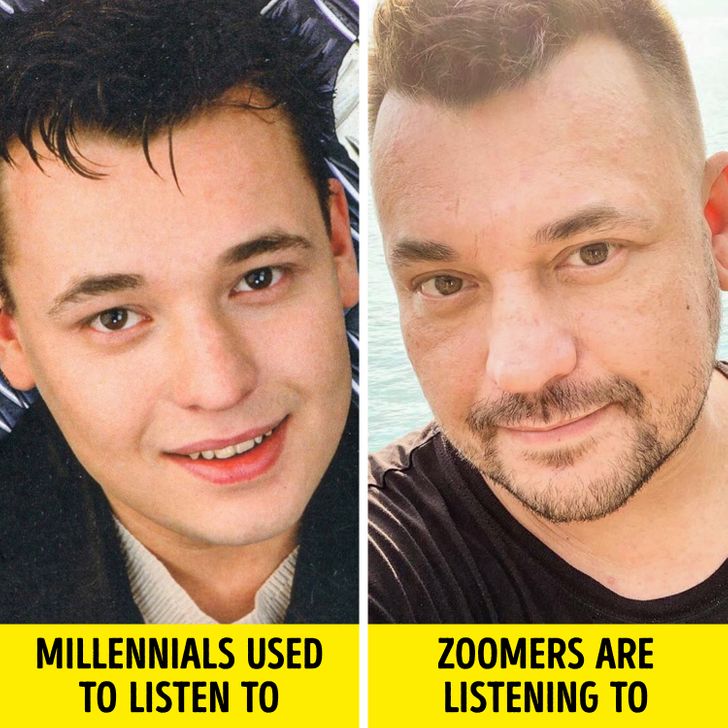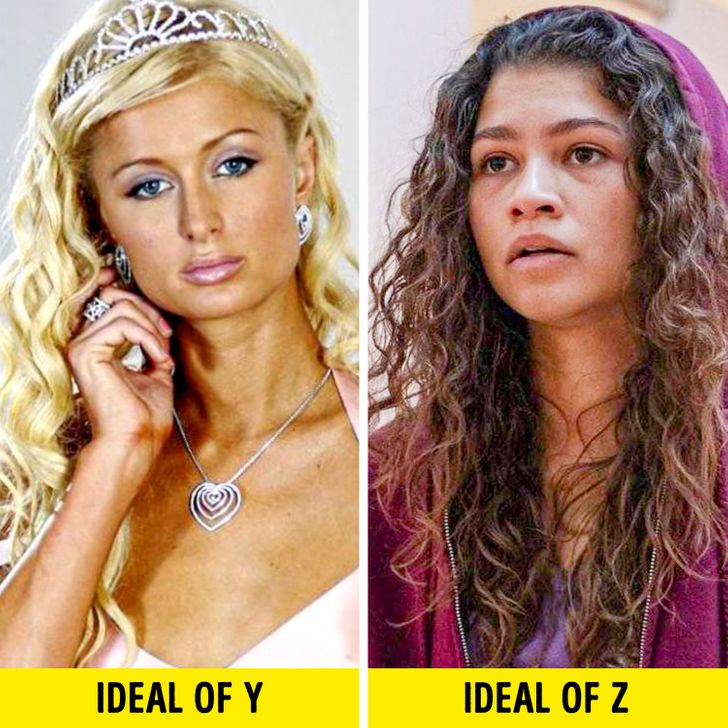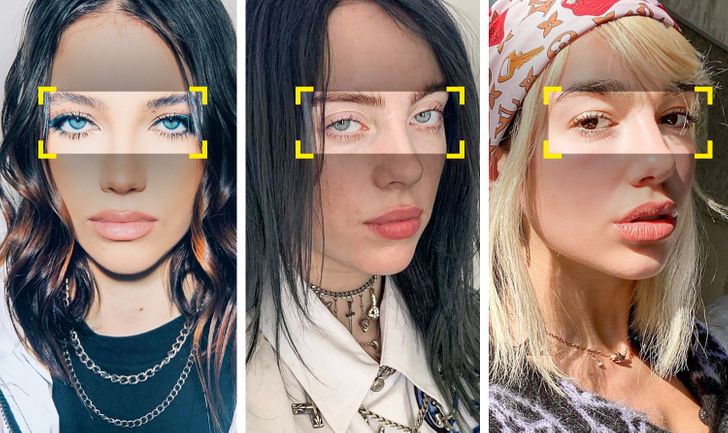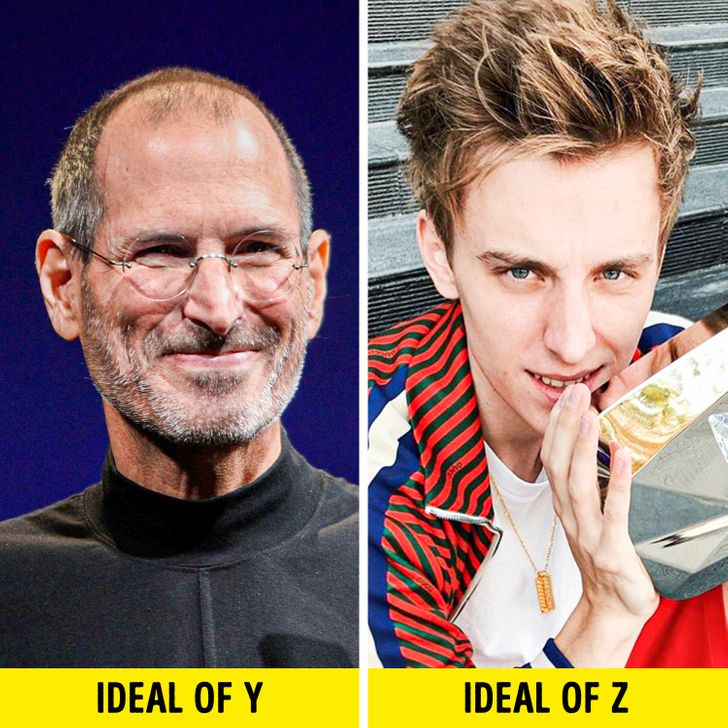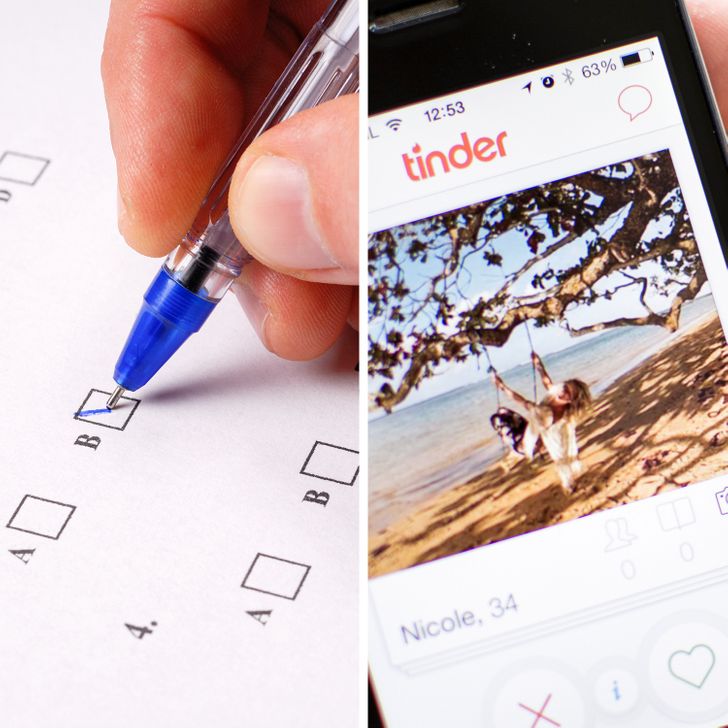huh
9 Features of Gen-Z That Both Frighten and Amuse at the Same Time
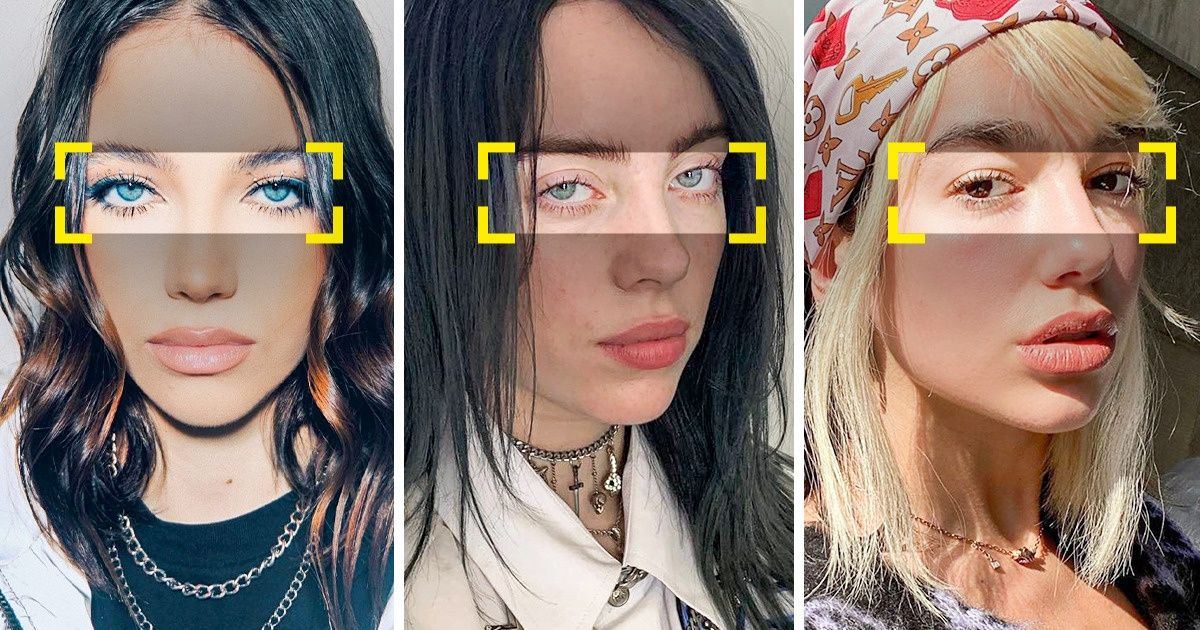
Generation Z, aka Zoomers, are people born after the year 1997 and who grew up in the epoch of the internet. The teenage issues of these kids are the same but their values are totally different. For example, they take their social media accounts very seriously and perceive blogs and computer games as a serious business and not as entertainment.
We at Bright Side decided to figure out which features characterize modern teenagers and what their main differences from other generations are.
They feel nostalgic for a past that they didn’t live in.
Generation Z is prone to feeling nostalgic about past times, even if they didn’t live in them — they idealize past values and emulate the aesthetics of the 1980s and 1990s.
This tendency relates to music as well. The popularity of some bands that were famous in the 1990s hasn’t decreased, even now. Sergey Zhukov (you can see his picture above), the front man of a famous Russian band Ruki Vverh! (“Hands Up!”), which was famous 2 decades ago, confessed that he feels quite surprised when seeing so many young people at his concerts.
Moreover, many younger singers like to make covers of old hits.
They don’t put themselves in frames.
According to psychologists, the amount of things that are considered trendy has increased recently. Modern teenagers have many more options for realizing their creative potential, and they are not used to being constrained by a certain “box.”
It’s obvious that the urge to follow trends was always there — it’s just that today there are more options for fulfilling them in real life. For example, in the 2000s the most beautiful girl in school was a glamorous coquettish girl, who was almost definitely dressed in pink. Whereas today anyone can be considered a beauty — a freak with bright hair, a tomboy, or a high school student who prefers comfortable clothes and never wears makeup. In this way, Generation Z is gradually erasing the existing roles like “bombshell,” “geek,” and “hooligan” that used to be so loved by the scriptwriters of teenage movies.
They are not prone to looking into the future with excess optimism.
If we compare millennials to Gen Z, the former tend to be more optimistic about the future, while Zoomers are more realistic.
Researchers believe that this can be connected with the fact that Gen Z has had much fewer chances to believe in the idealized “American dream,” the one with the white fence, 2 kids of different genders, a good car, and stable work. Instead, they look for products and messages that reflect the real world, not a perfect picture. This is why Generation Z avoids the traditional ideals of beauty and ways to live a carefree life, as opposed to past generations.
They are sensitive about their health.
The representatives of Gen Z pay more attention to their health and are less prone to consuming hot drinks than for example, millennials at the same age. Moreover, sports play a big role in their lives as well. Nearly two-thirds of teens and young adults regularly use healthy lifestyle apps, according to a study by the nonprofit organization Hope Lab and the Well Being Trust.
They are more prone to mental issues, for obvious reasons.
They suffer from anxiety and depression more often and it’s mostly caused by spending a lot of time on social networks. Psychologist Jean M. Twenge has proven the relationship between smartphone use and mood. According to her, most post-millennials feel more comfortable spending time on the Internet than they do with friends. They even keep scrolling on their smartphones when hanging out at parties.
From a physical point of view, they have a safer lifestyle than other generations. However, those who follow this lifestyle are prone to getting mental health issues. Moreover, it’s a well-known fact that the bright light of screens has a negative effect on the process of falling asleep and, as a result, this growing generation suffers from insomnia more frequently and is unable to get enough sleep.
They believe that anyone can reach success.
Millennials who liked to create something from scratch were prone to focusing on talented people who made an incredible breakthrough in some sphere. Generation Z, on the contrary, focuses on people like themselves. This is largely due to social networks: now it is easy to see a person from the same environment as you. That’s why stories about the success of simple people, not just world-class geniuses like Steve Jobs, have become so popular.
The differentiation of generations according to subcultures, which are determined by things like the music you listen to, the clothes you wear, etc. is no longer important for Gen Z. Subcultures moved to the digital space, having turned into a bunch of interests and hobbies that, in most cases, are not connected with each other. Centennials don’t have any strict rules, they are ready for any transformation in order to build or create something new. That’s why they are constantly changing the people that inspire them and those who they focus on.
They are in a constant situation of choice.
The test-type knowledge assessment system has created the necessity for Generation Z to make choices from a very young age (there is always one correct option and 3 incorrect ones) and created a new approach to problem-solving based on a ready-made choice. Moreover, young people have developed clip thinking. This is again due to the development of modern technologies, the appearance of social media, and mechanics like “Likes” and “Swipes.”
For example, you can either accept or turn down a potential partner with only one movement of your finger, on the popular dating app Tinder. Therefore, the principle of perceiving information has changed significantly and has shrunk to 2 main assertions: liked / didn’t like.
They are not afraid to copy each other.
Generation Z is not afraid to copy each other because they have a ready-made set of functions and solutions for doing so (for example, successful blogs on social networks). According to a study, teens watch about 68 videos per day on average, and that’s only on the YouTube platform.
Teenagers understand that anyone can become a content-maker and that they don’t need to have super special talents for that. Z people live in constant change, in constant search, and in finding new meanings for seemingly ordinary things.
They can communicate with the help of a hyper language.
Zoomers are actively using a so-called hyper language in communication. It’s the first generation that can fully speak with the help of memes, stickers, gifs, and emojis, instead of texts. Gamification has impacted the language culture significantly: you can often see gamer language in the slang of today’s teenagers.
These aspects are connected with sociopathy, internet addiction, and multitasking, which are things that exist as a part of Gen Z.
In what ways are modern teenagers different from past generations, in your opinion?
Comments
People forget that "spending time on the internet" is usually interaction with friends
haha they had me until the part about the internet. Take it from someone with very limited access and is only allowed an hour at a time. Social media has nowhere near as much to do with mental health as most people believe. If anything, interactions with others can incite the very same mental issues that we are believed to have because of things like influence, stress of having to meet our elders' standards, and over exposure to large amounts of people.
Related Reads
15 Quiet Moments of Kindness That Made the Biggest Impact

14 Quite Acts of Kindness That Changed Someone’s Life Forever

I Refuse to Keep Paying for Everyone Just Because I’m Making More Money
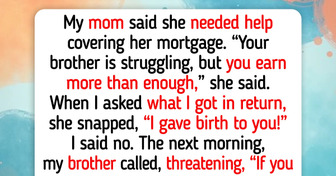
12 Moments Where Empathy Showed the Power of a Kind Heart
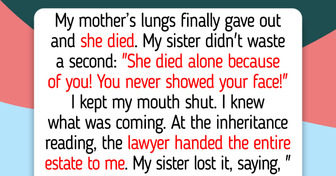
My Brother Has No Kids but Refuses to Share His Inheritance With Mine—I’m Furious

I Refuse to Let My Sister Hijack My Pregnancy Announcement

I Refused to Be the Office’s “Go-To” Holiday Backup Just Because I’m Single

My Cousin Uninvited Me to Save Money—My Petty Revenge Was Absolutely Worth It

I Refused to Turn Our Romantic Trip Into a Family Vacation and Faced the Consequence

I Refuse to Sacrifice My Life Because My Family Chose Me as Grandma’s Caretaker

15 Moments That Show Quiet Kindness Keeps the World From Falling Apart
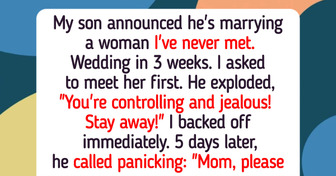
10 Moments That Show Kindness Doing the Heavy Lifting
